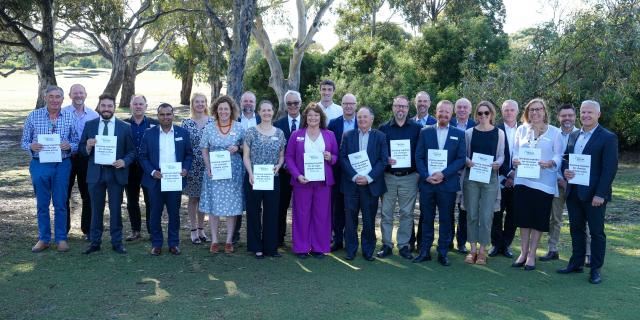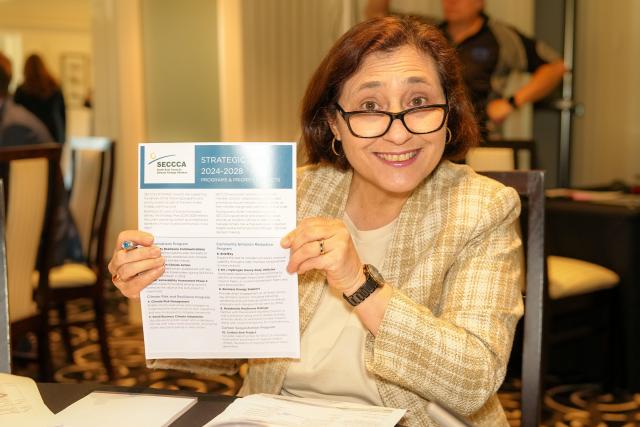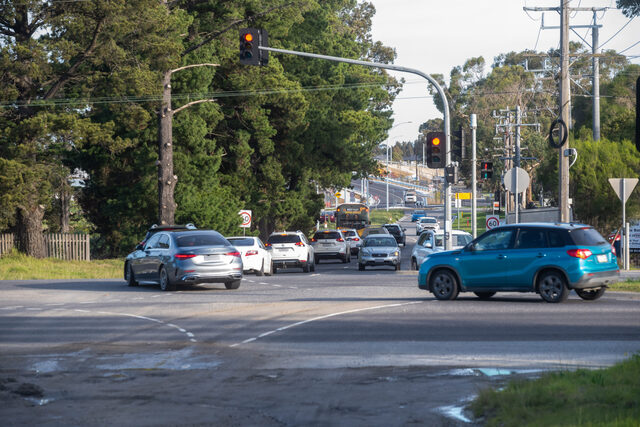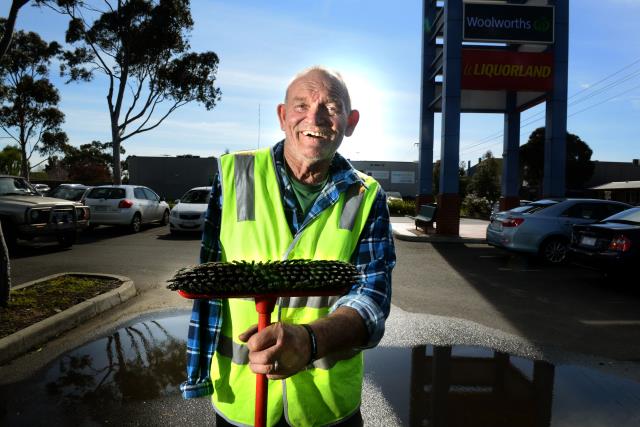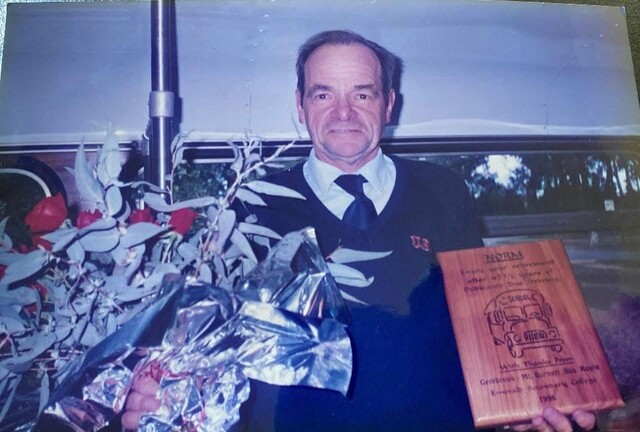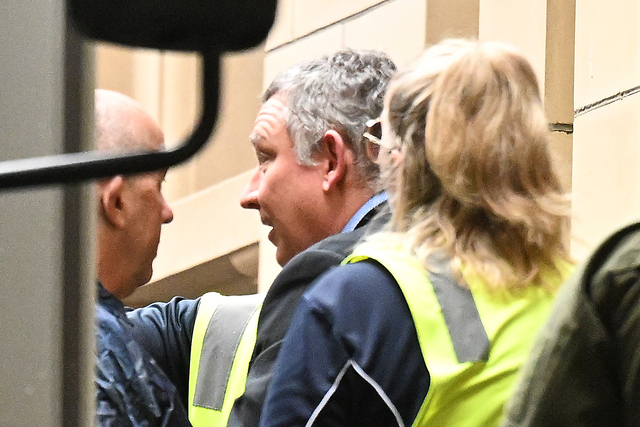South East Councils Climate Change Alliance (SECCCA) officially launched a new climate action plan to change the way climate impacts are managed across the regions on Wednesday 8 November.
The new blueprint, SECCCA 2024-28: Working Together for Stronger Climate Action, recognised the importance of a partnership approach to deliver stronger results for local communities.
The action plan identified practical programs for delivery with the Federal and State Government partners and nine local council members across the SECCCA region, including Bass Coast, Bayside, Cardinia, Casey, Greater Dandenong, Mornington Peninsula, Kingston, Port Phillip and Frankston.
Climate Action Minister Lily D’Ambrosio joined local leaders for the official launch.
The minister’s speech was followed by a panel discussion featuring secretary of the Victorian Department of Energy, Environment and Climate Action John Bradley, Footy for Climate Alliance co-founder Tom Campbell and net zero lead for the Insurance Council of Australia Ange Nichols.
Bass Coast Council mayor and SECCCA Advisory Group chair Michael Whelan said community surveys suggested more than three quarters of residents were very concerned about the impacts of climate change in the region.
“But we know it’s a challenge that we can’t tackle alone,” he said.
“SECCCA has taken a whole of community view, to work together and come up with practical steps to help mitigate and manage climate risk in our region.
“This strategy charts the path for our members to work together and with our community to address climate change in our region.”
The priority projects identified for the next four years are business energy support program, residential home resilience ratings tool, small business climate adaptation toolkit, transitioning to electric or hydrogen heavy-duty vehicles in council or contractor fleet, reviewing the vulnerability of council assets (phase 2), expanding the environmentally sustainable design Brief Ezy tool, climate risk mitigation program for councils, advocacy on climate action, and opportunities for purchase of carbon offsets.
Cr Whelan said SECCCA’s strong governance and shared resources gave real bang for buck, tripling every dollar invested by councils and helping to avoid future costs to residents, business, government and industry through more informed decision-making and mitigation.
Cardinia Council infrastructure and environment general manager Peter Benazic said the council was passionate about advocating for more action on climate change.
“Cardinia Shire Council advocates for climate action via its membership and involvement in SECCCA,” he said.
“As part of the draft plan, SECCCA is seeking priority investment across the region for low carbon transport; greener, cooler, more liveable cities and zero carbon communities; and adaptation projects to build community resilience and infrastructure.
“The draft plan identifies 10 key programs and priority projects that will be delivered across the region.”
The action plan was launched to an audience of Federal and State Members of Parliament, industry and business groups, peak bodies and councillors from across the nine SECCCA councils.
The draft action plan is set to be finalised soon and scheduled for delivery from July 2024.
Next year SECCCA will celebrate 20 years of regional action on climate change.
The SECCCA region is home to one million Victorians with a diverse mix of metropolitan, periurban and rural communities, producing $85 billion in Gross Regional Product annually.
The 2019-2024 action plan identified the reduction targets to keep warming below 1.5 degrees in line with the Paris Climate Agreement, which means the south east region needs to reduce emissions 5.8 per cent every year until 2037.
It has also found the region would experience more frequent heat waves, decreased rainfall, and increased flooding by 2050 on the current trajectory of national action.
“Local government is at the coal-face of climate change, and we are taking up the challenge to help our communities build resilience and prepare for future impacts,” Cr Whelan said.

